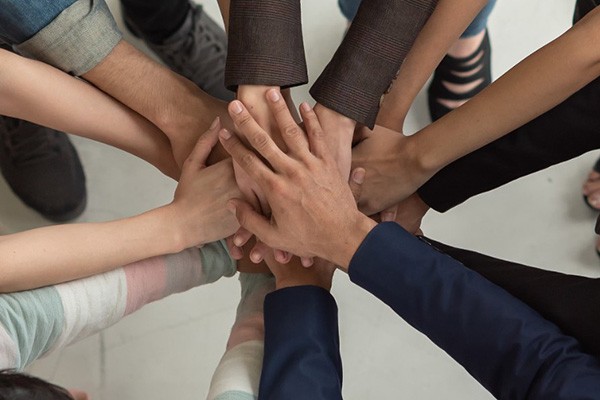This article was published in The Citizen Newspaper – Tanzania on 14th March 2023.
Just like anywhere in the world, Tanzanian society has people with functional impairments, limitations, or difficulties, or what can be referred to as disabilities. For clarity, according to experts, impairment refers to a problem within the body or its organs. Limitation refers to a disadvantage caused by impairment.
Disability, on the other hand, is a physical or mental impairment that has a substantial and long-term negative effect on one’s ability to do normal daily activities. Disabilities pose functional limitations whereby one needs assistance in performing certain activities.
People with disabilities, alongside others without disabilities, present a diversified image of humanity, in a similar way as phenotypical differences in height, skin tones, and hair texture, to mention a few, do. Just as the latter are not boundaries of human interaction, creativity, intelligence, and talents, so also are disabilities.
It is, however, clear that in almost all societies people with mental or physical disabilities have been to some extent despised, excluded, or treated with disrespect, or even as less human.
We need not presume that children will love people with disabilities just naturally without being taught to. That can happen, but we need to make effort to bring to their awareness that people with disabilities are equal to all other people, and are entitled to be treated with respect and dignity. Disability does not take away their humanity and does not define them otherwise.

Inclusion is required by law, but it is not enough. Society needs people who go beyond the precincts and push for legal compliance.
When children are taught in detail about the lives of people with disabilities and the challenges they face daily, they develop emotional intelligence as well as empathy. These become the driving force for them to give a helping hand to people who live with disabilities whenever the need arises.
It is not helpful to sit back and presume that children understand the different life situations that people face in living with disabilities.
Similarly, children should be taught that being disabled is not something to use against people and make them feel ashamed, less valued, and of no substantial contribution.
The world has had a good number of breakthroughs through the contribution of people who lived with disabilities.
For example, Franklin Roosevelt, the 32nd president of the United States had a physical disability caused by infantile paralysis (polio) which affected him from the waist downwards. He relied on wheelchairs and leg braces to move, yet he became president and served four presidential terms.
Thomas Edison, a famous scientist who invented and developed devices such as motion the picture camera, phonographs, light bulbs, and sound recording devices, had hearing impairments; he became completely deaf in one hear and could hardly hear in the other.
These are examples that being disabled does not stop people from succeeding, since they are empowered and treated with dignity.

It is also important that we teach children to stay away from derogatory and stereotypical jokes and sarcasm which mention disabilities or people with disabilities.
Some of these have survived generations, and they sound so normal, but they should not be there, as they affect the dignity of people who live with disabilities.
Doing away with these will prevent our young people from growing up normalizing stigmatizing disabilities and people with disabilities in their daily use of language.
In some cultural understandings, disabilities are directly linked with witchcraft, curses, ancestral punishments, and bad luck. Owing to that, children born with disabilities are treated unfairly and are prone to abuse and neglect.
Some families do not accept disability as a reality of life to live with, hence they hide children in their houses, denying them freedom, and appropriate education and health care as per their disabilities.
These negative impressions should not be passed on to the younger generations. In achieving this though, we need collaboration from the family level wherein we can guide our young people by example.
Certainly, some disabilities from birth and even those acquired through life can be medically treated successfully or reduced in terms of severity earlier on if they are openly spoken about.
But when they are ascribed to witchcraft, malign enemies, or curses for which diagnosis is out of reach, and prescription nonconventional, there are chances that more health and social harm is done than good.
Visual impairments, for example, are very sensitive, and it is scary to see that some traditional healers risk putting things in the eyes to heal those ailments.
In situations where disabilities cannot be repaired, they should be accepted. When society accepts an individual with a disability it lightens the burden for them and enables them to focus on other things aside from being disabled. We ought to always remember that young people can be a massive force for social transformation if directed properly.
